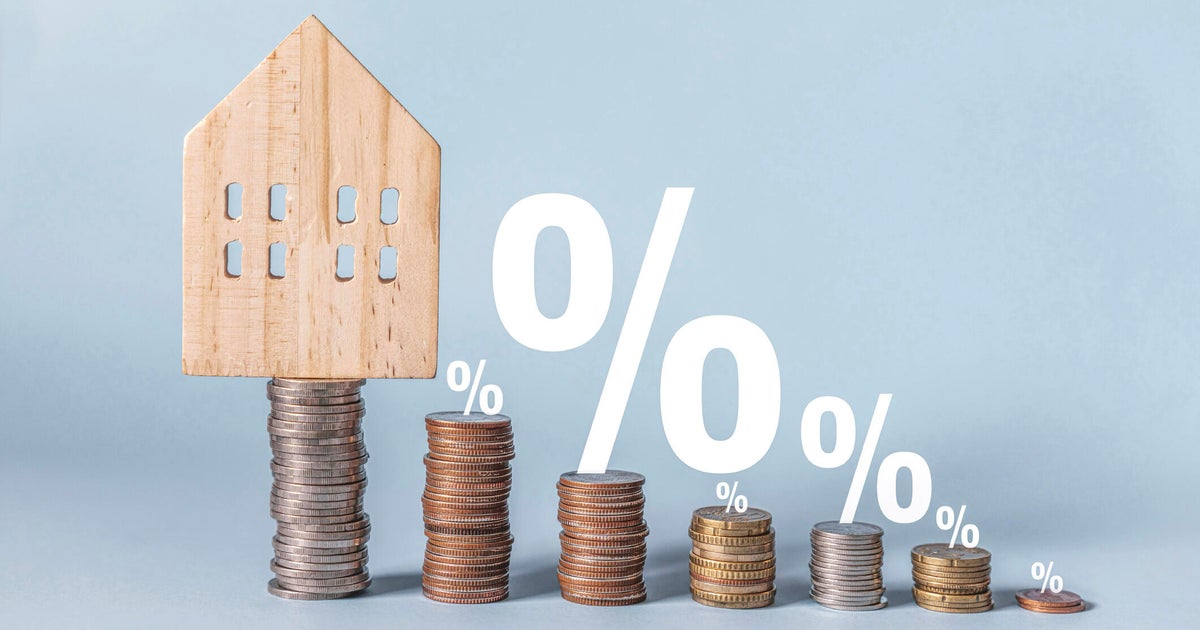How does a home equity loan affect your credit?
Tapping into your home's equity can be a useful way to fund a repair, start a renovation project or even pay down existing debt.
But like any lending product, a HELOC or home equity loan can affect your credit score. Your credit score and the details on your broader credit report are a window for lenders into your past credit use, so it's important to practice good credit habits and keep your credit information positive.
Taking on a new loan or line of credit can affect your credit score in a few different ways — but how you use them over time can be even more influential.
Explore the home equity products you may qualify for to learn more.
How does a home equity loan affect your credit?
Here are a few of the ways that taking on a HELOC or home equity loan can impact your credit, and the long- and short-term effects you might see on your credit score.
Hard credit inquiry
After you apply for any new financial product, the lender is likely to make a hard credit inquiry.
This credit check can have a negative effect on your score but don't fret. The ding is typically only a few points — as long as you don't apply for several different products at once.
"Generally, this isn't an issue," says John Boyd, CFP, founder and lead wealth advisor at MDRN Wealth. "But if you plan on, for example, moving in the next 12 - 24 months and will be applying for a mortgage, this can impact your ability to get more favorable terms."
The effect is also temporary, so you don't need to worry about your score going down long-term.
"Hard inquiries serve as a timeline of when you have applied for new credit and may stay on your credit report for two years, although they typically only affect your credit scores for one year," credit bureau Equifax reports on its website.
Use your personalized information, like credit score, home value and location to see the best home equity rates you can qualify for today.
Payment history
The most important way to ensure you maintain good credit while using these products is by making your payments on time and in full throughout the lifetime of the loan or until you've paid back the line of credit.
Because HELOCs and home equity loans operate a bit differently, maintaining a positive payment history can differ slightly.
With a home equity loan, you'll typically borrow a fixed amount at a fixed interest rate, and owe a standard amount each month until your loan is paid off. When you pay that amount in full and by your monthly due date, you can build a positive payment history and see that reflected in your credit history over time.
A HELOC works a bit differently. Because it's a line of credit, you may be approved for more than you actually need to use. When it comes to making payments, you'll only owe the actual amount you borrow against the line of credit.
On the other hand, if you pay late or skip payments, your credit score could suffer. If a delinquent payment is reported to the credit bureaus, it could stay on your report for up to seven years.
The bottom line
Your credit score doesn't only factor in after you're approved for a home equity loan or line of credit. It's important to make sure you have a good credit score before you apply, so you have the best chances of approval — and can qualify for the most competitive rates.
After you've been approved for a home equity product, you may see a temporary hit to your credit score. But smart credit use over time — including making your payments in full and on time each time a balance is due — can ensure your credit score ultimately benefits.
Explore today's top home equity rates to find the best options for you.




